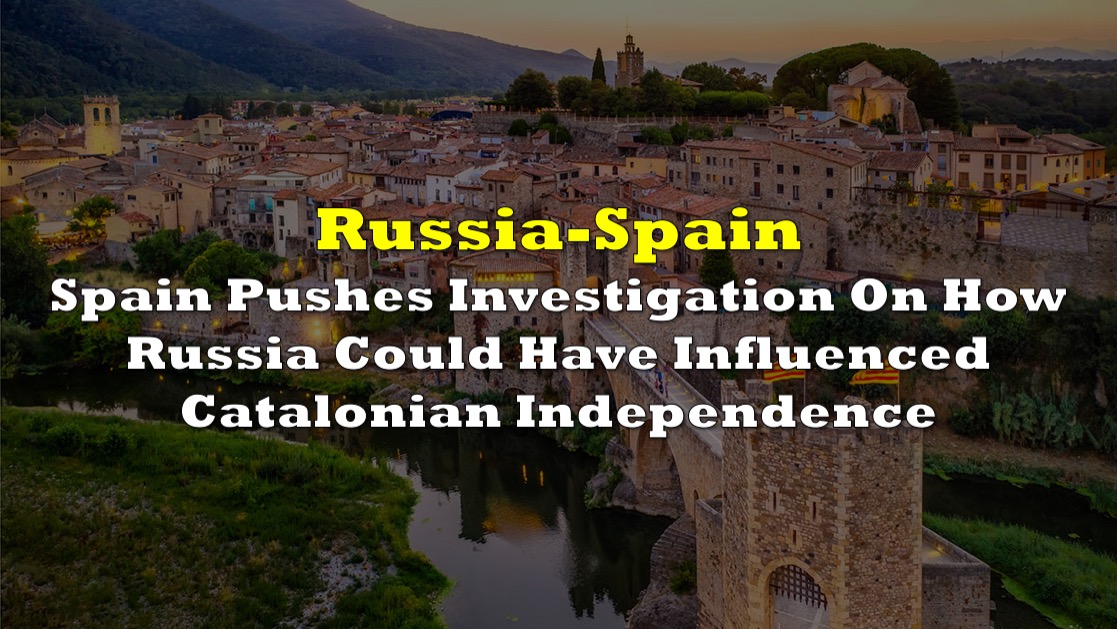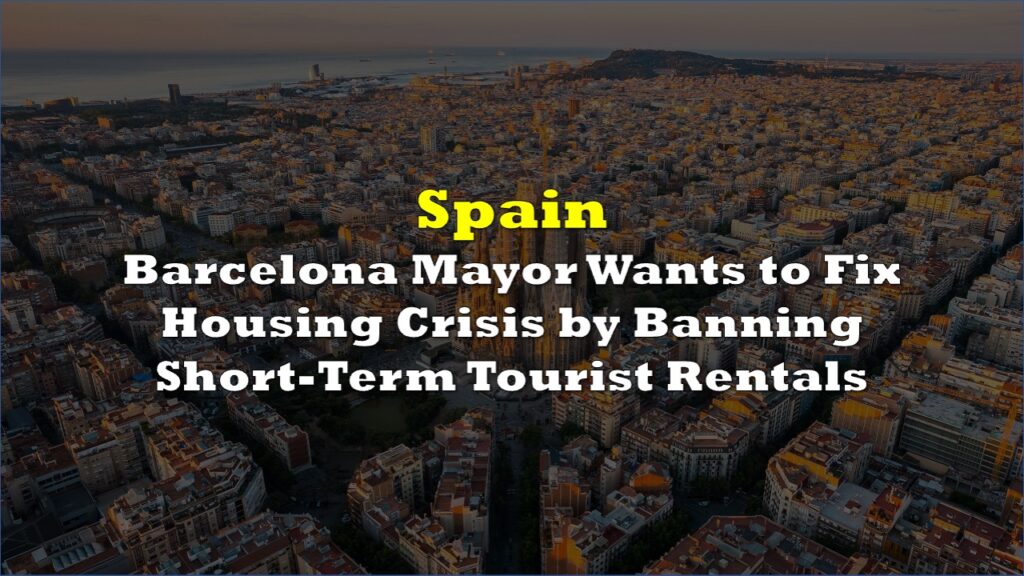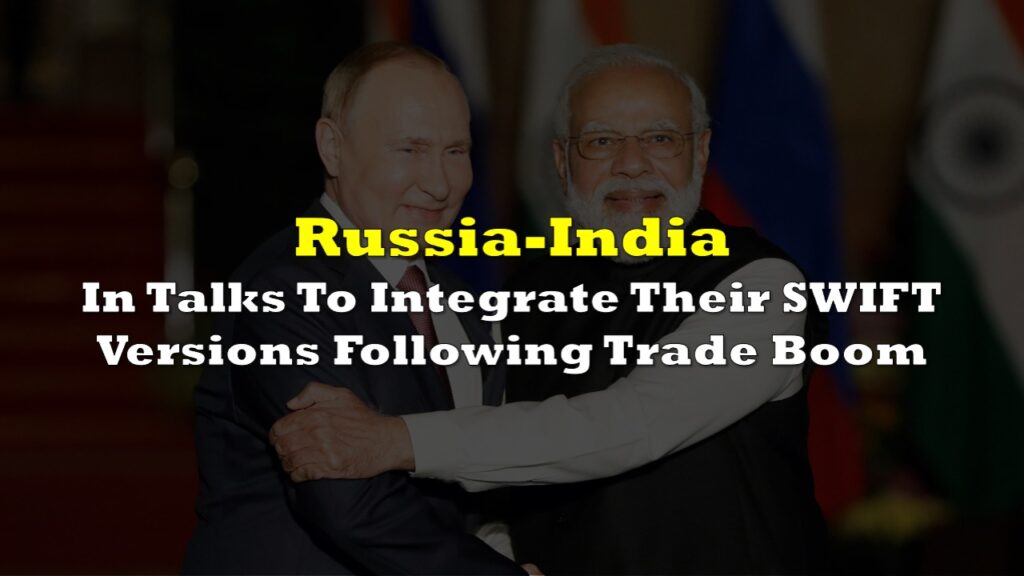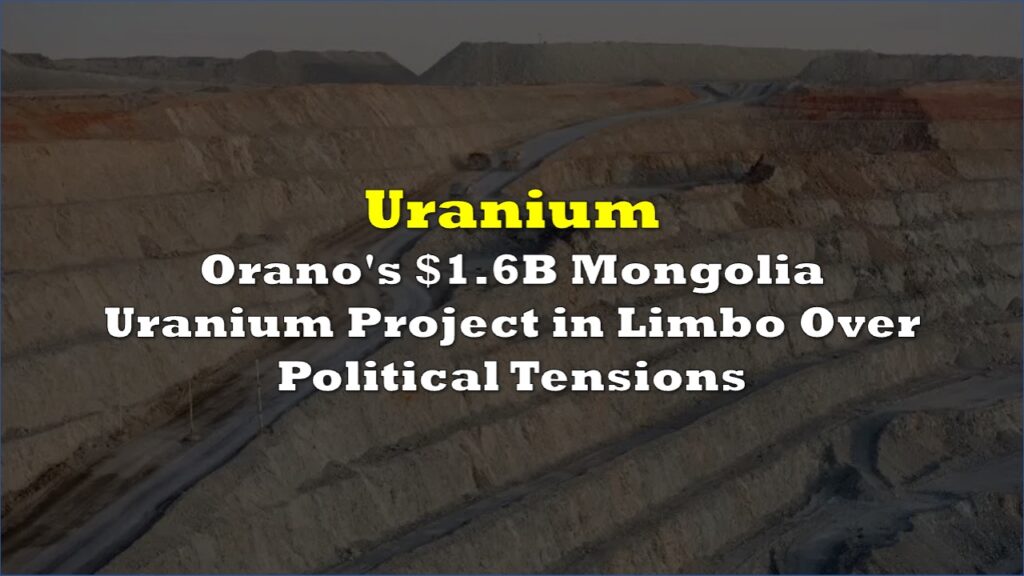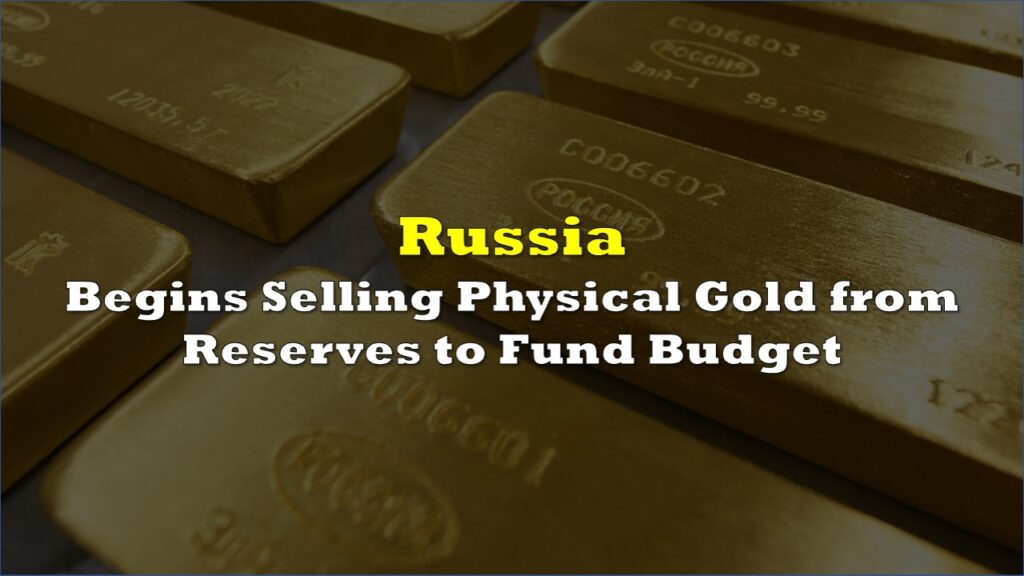The Spanish judge overseeing the investigation into Russian interference in the Catalonian independence process has decided to extend the probe for an additional six months. This decision comes in the wake of an anonymous letter received by the judge, containing an article that sheds light on an intriguing offer made by a Russian individual to Catalonian separatists.
The investigation, initially brought to light in May 2022 by OCCRP and Spanish newspaper El Periódico, outlined a clandestine meeting between former Soviet and Russian diplomat Nikolau Sadovnikov and former separatist leader Carles Puigdemont in Barcelona on the eve of Catalonia’s independence vote in October 2017. Sadovnikov purportedly presented himself as a representative of the Russian government, proposing a substantial package of US$500 billion and military support to Catalonian separatists if they successfully broke away from Madrid.
The offer, as revealed in the investigation, came with specific conditions. Puigdemont was expected to implement laws favoring the use of cryptocurrencies and transform the newly independent Catalonia into a global virtual currency haven. Additionally, the proposed agreement required Catalonia to refrain from criticizing Moscow’s treatment of political opponents, including figures like Aleksei Navalny, and the actions of Belarusian President Alexander Lukashenko.
While the identity of the leader of the Russian group remains undisclosed, the Spanish judiciary is actively pursuing leads. The decision to extend the investigation was announced on Monday, with the magistrate citing a review of “abundant documentation” in the complex case. The findings indicate “close relations between some of those investigated and individuals of Russian, German, and Italian nationality.” Notably, some of these individuals held diplomatic positions or had affiliations with the Russian secret services or far-right parties.
According to the judge, the Russian interest in influencing Catalonia’s bid for independence was primarily driven by a desire to establish “political and economic influence” over the region. The ultimate goal, it seems, is to destabilize the European Union, creating potential political and economic challenges within the bloc.
Information for this briefing was found via OCCRP and the sources mentioned. The author has no securities or affiliations related to this organization. Not a recommendation to buy or sell. Always do additional research and consult a professional before purchasing a security. The author holds no licenses.

